Chinese Foreign Ministry Spokesperson Mao Ning said on Monday at a regular press briefing that the U.S. side cannot demand communication and cooperation from China while keeping interfering in China's internal affairs and hurting China's interests.
Mao's comment came after the U.S. State Department Spokesperson repeatedly mentioned Secretary Blinken's upcoming visit to China, saying that his team will discuss with China how to "responsibly manage competition and step up cooperation on transnational challenges," and also raised concerns on issues related to Taiwan, fentanyl, Ukraine and the Korean Peninsula.
Mao said that in growing relations with the United States, China follows the three principles of mutual respect, peaceful coexistence and win-win cooperation, adding that China remains committed to defending its own sovereignty, security and development interests at the same time.
"China does not shy away or flinch from competition, but we are against defining the entire China-U.S. relations with competition alone and using competition as an excuse to contain and suppress others," she said.
Mao said China is ready to have both bilateral and multilateral communication and cooperation with the U.S. side on the basis of mutual respect, equality and mutual benefit, but the United States cannot demand communication and cooperation from China while keeping interfering in China's internal affairs and hurting China's interests.
Mao also pointed out that Taiwan question is at the heart of China's core interests, and it is the bedrock of the political foundation of China-U.S. relations and the number one red line that must not be crossed between China and the U.S. side.
"At no time should the United States ever seek to cross that red line," she said.
Noting China is the first country in the world to have officially scheduled fentanyl-related substances as a class, Mao said that China has taken an active part in international counternarcotics law enforcement cooperation under the framework of the UN conventions on drug control, adding that however, China's counternarcotics capacity has been seriously hampered by U.S. sanctions on relevant Chinese institutions.
"We are firmly against those sanctions and urge the United States to reflect on its inadequate counternarcotics efforts instead of deflecting the blame," Mao said.
She also mentioned that China is committed to seeking a political settlement and bringing parties to the table on Ukraine and the Korean nuclear issue, and goes against any rhetoric or action that could fuel the tensions and make matters worse.
"We hope the United States will work with China and let China-U.S. interactions be defined by dialogue and win-win cooperation, not confrontation and zero-sum competition, and deliver on the important common understandings reached by the two heads of state to bring bilateral relations back to the track of healthy and stable growth," Mao added.








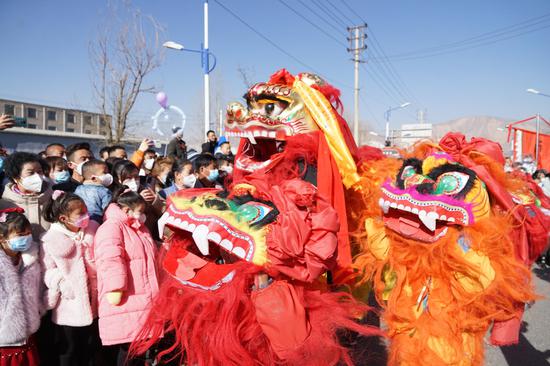
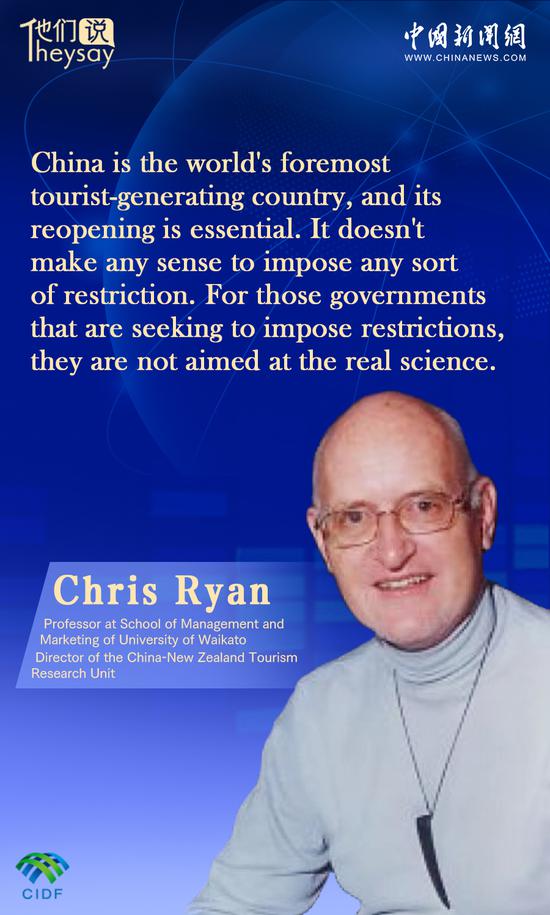
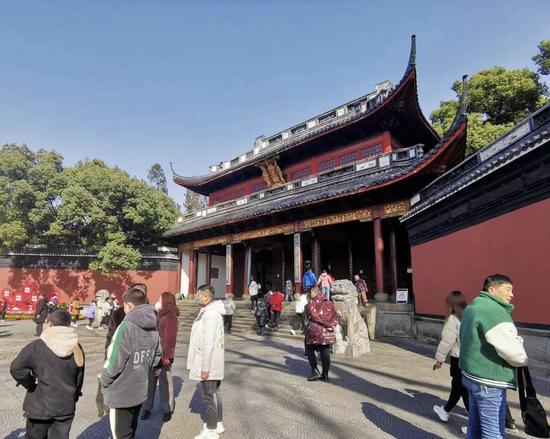
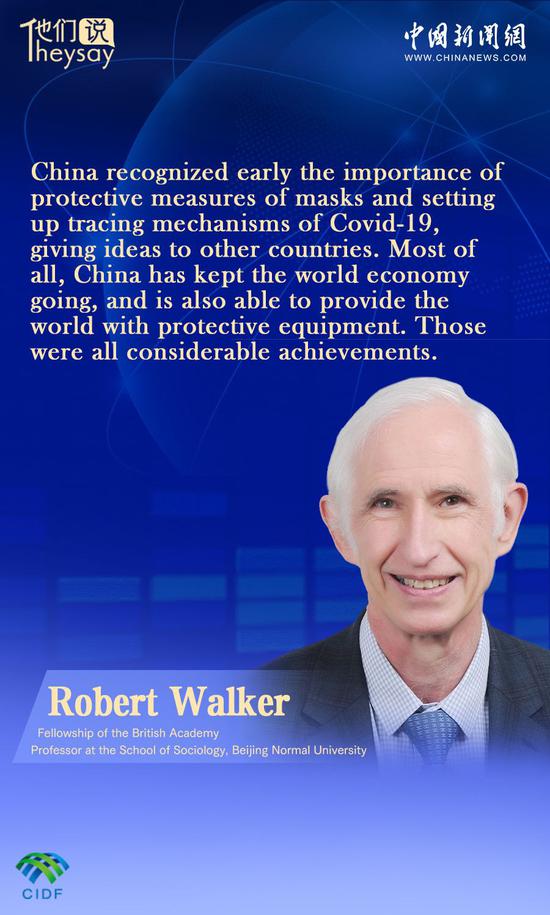
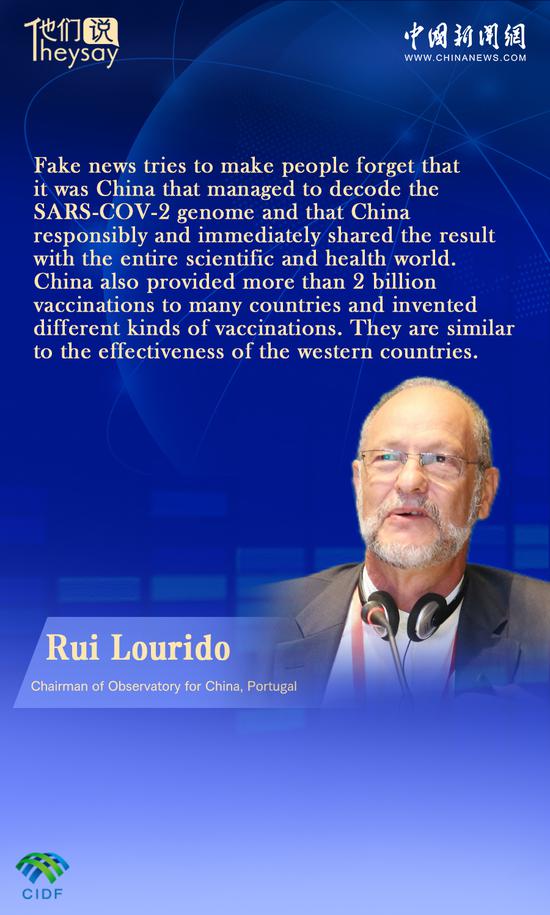
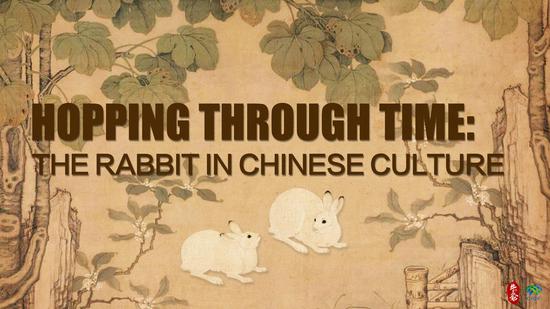
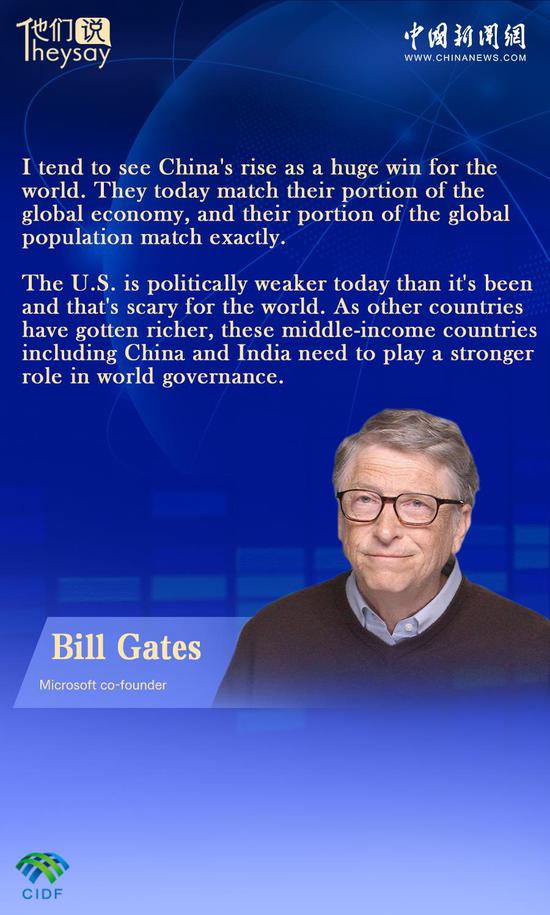


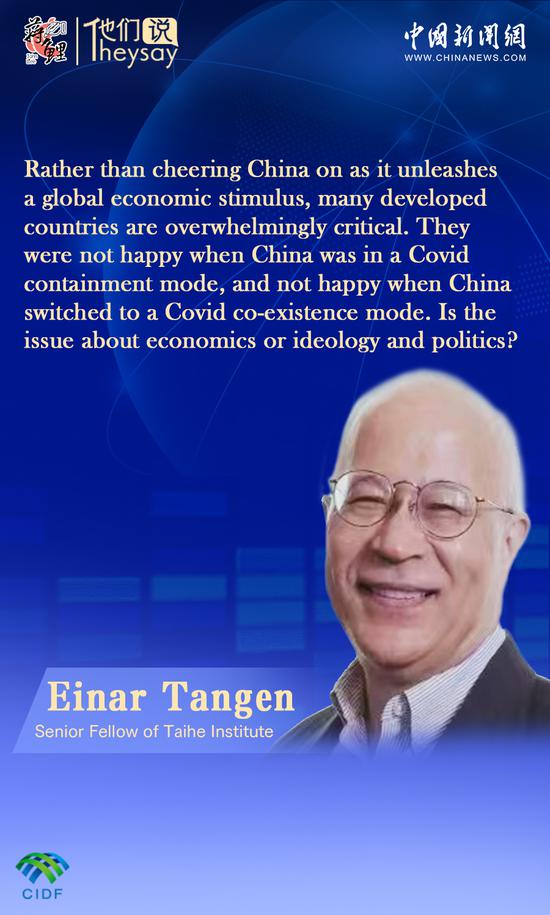
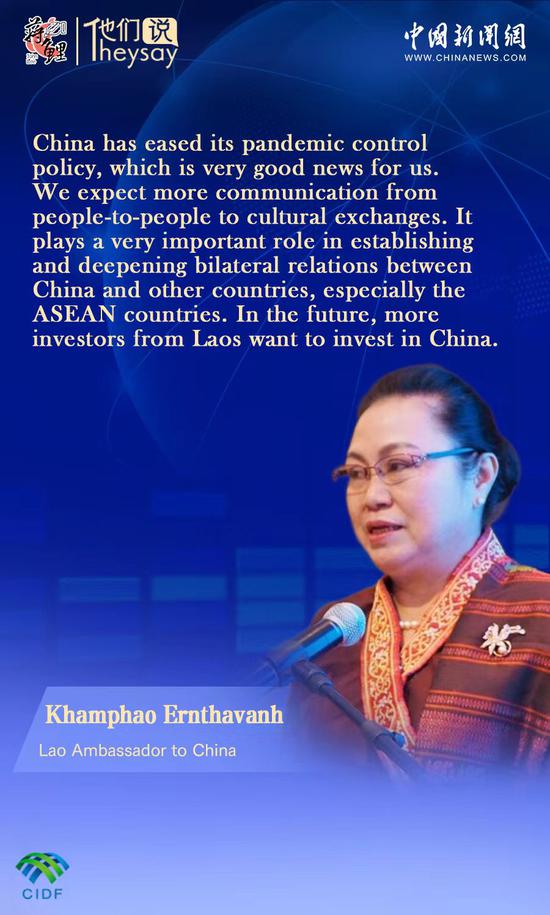




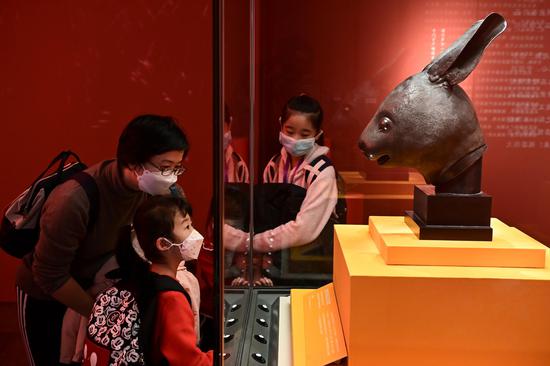

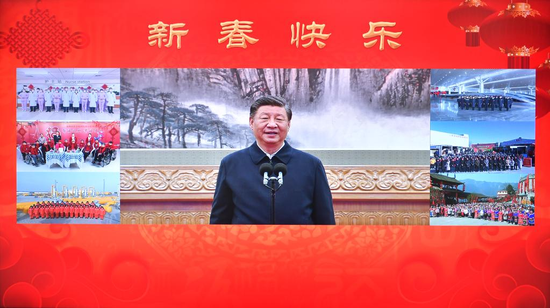

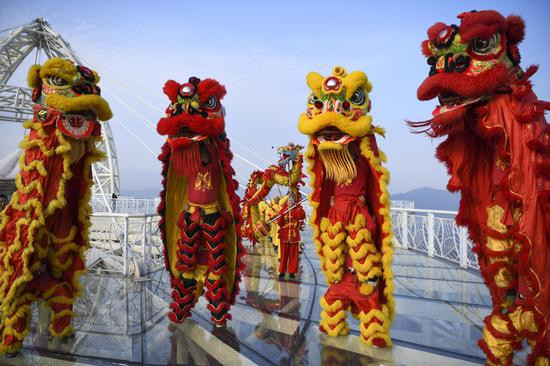
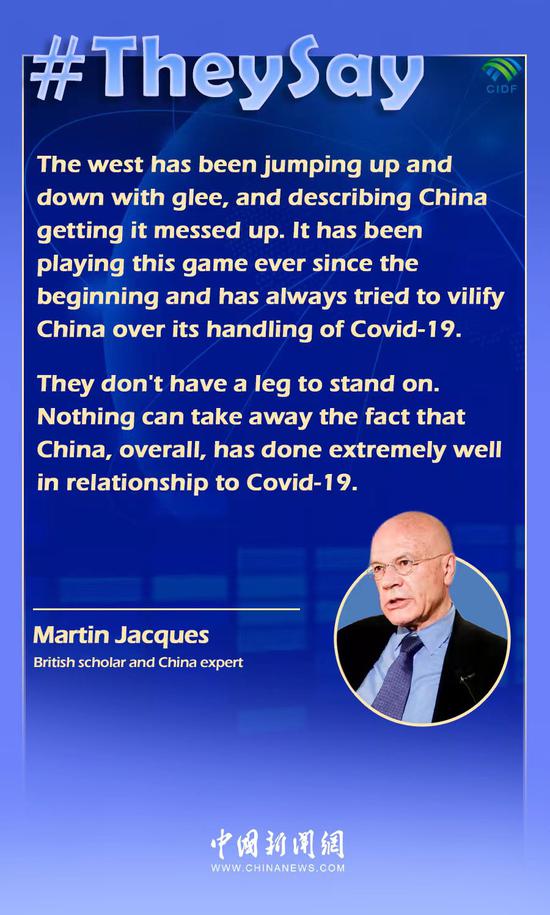



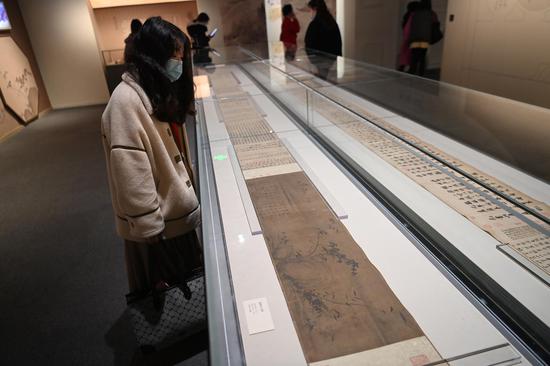


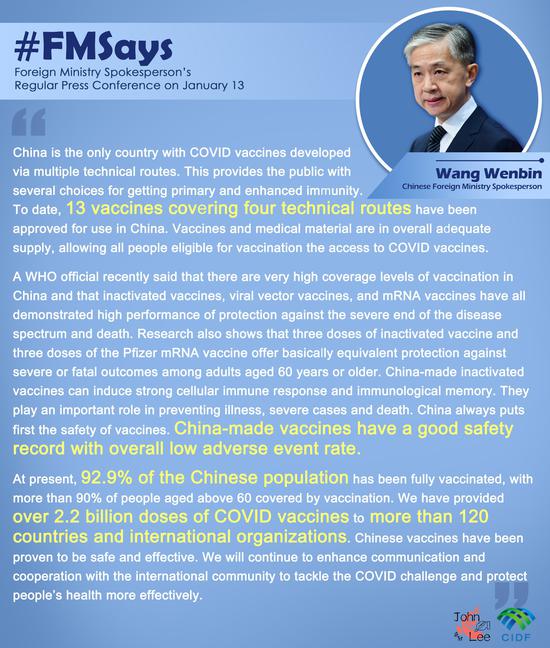


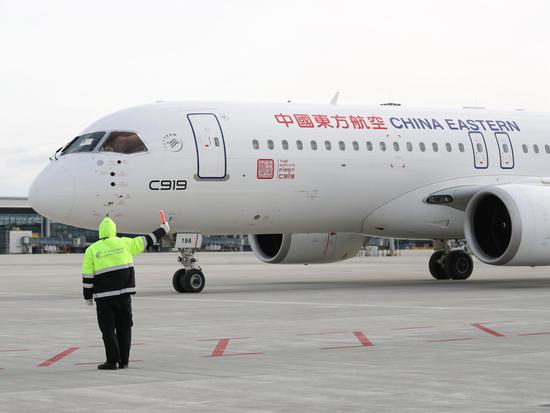
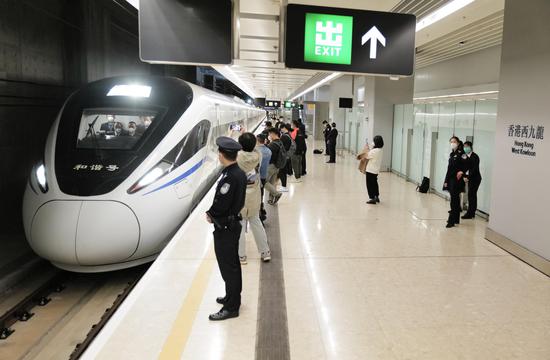

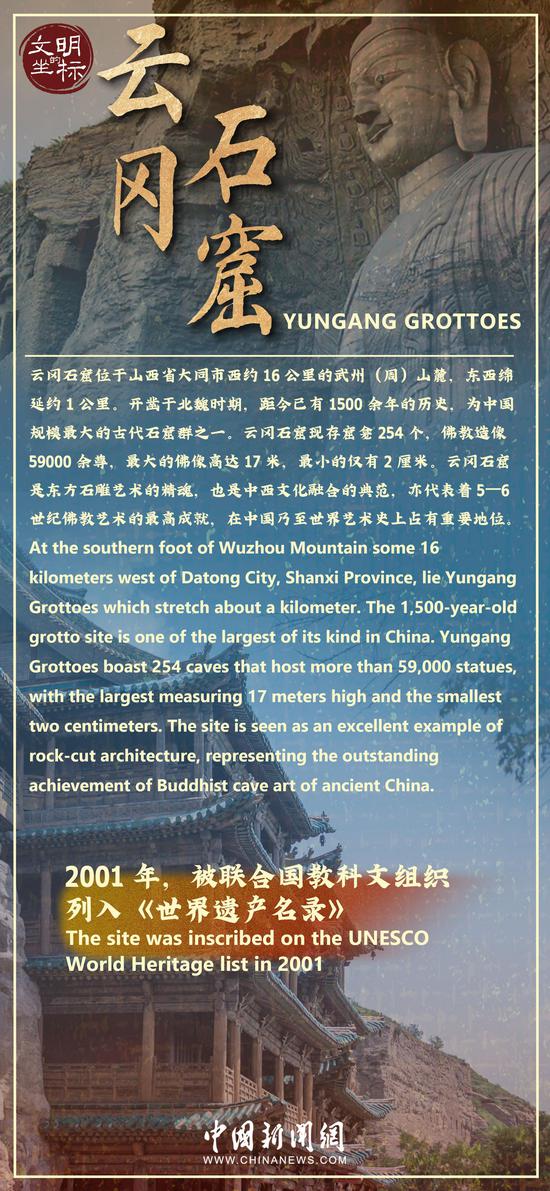
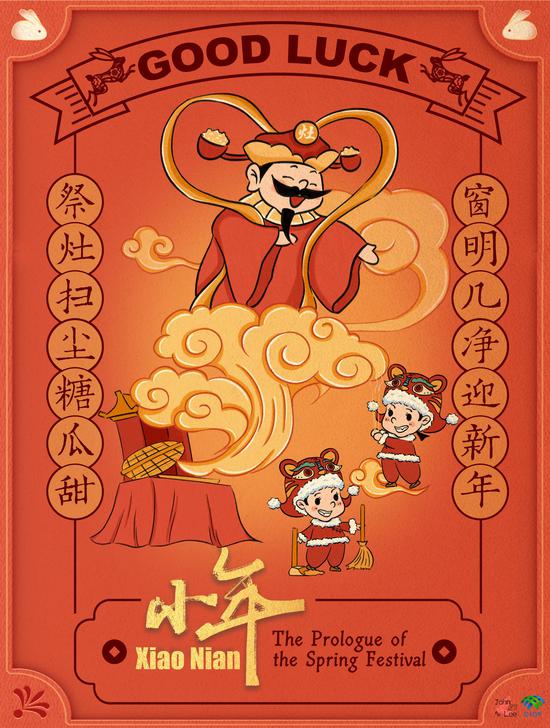
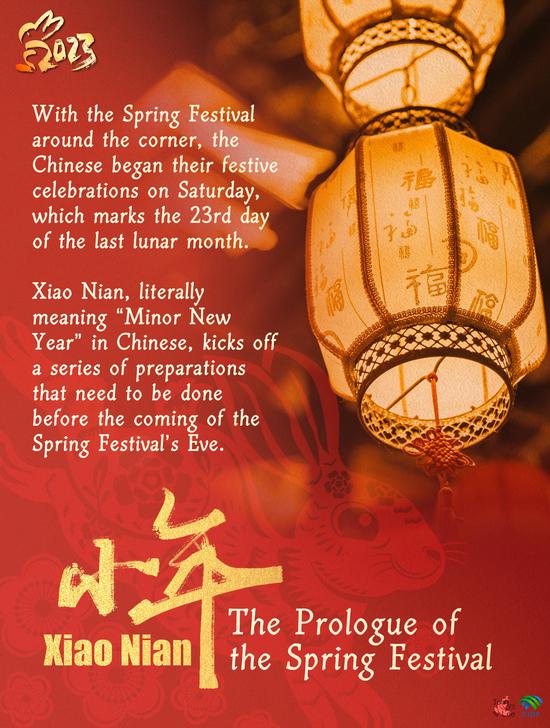
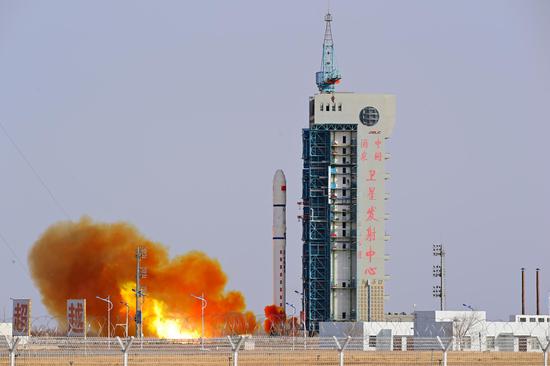





 京公网安备 11010202009201号
京公网安备 11010202009201号